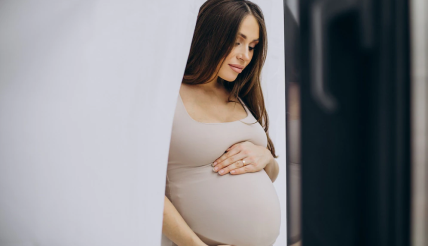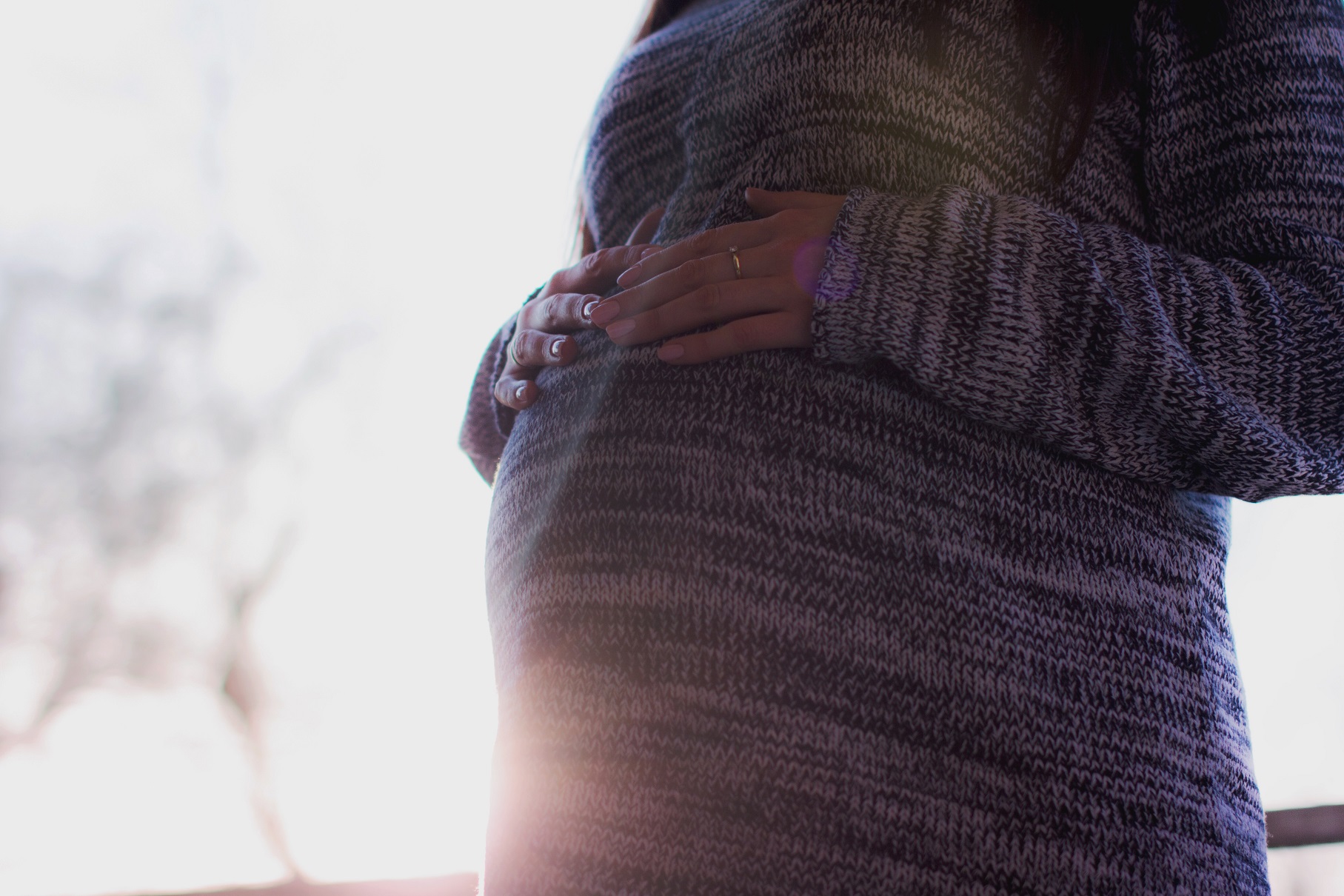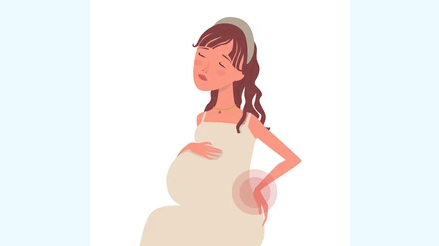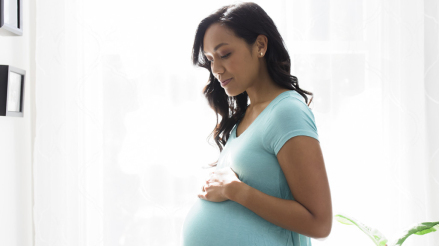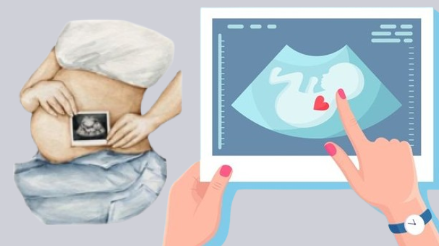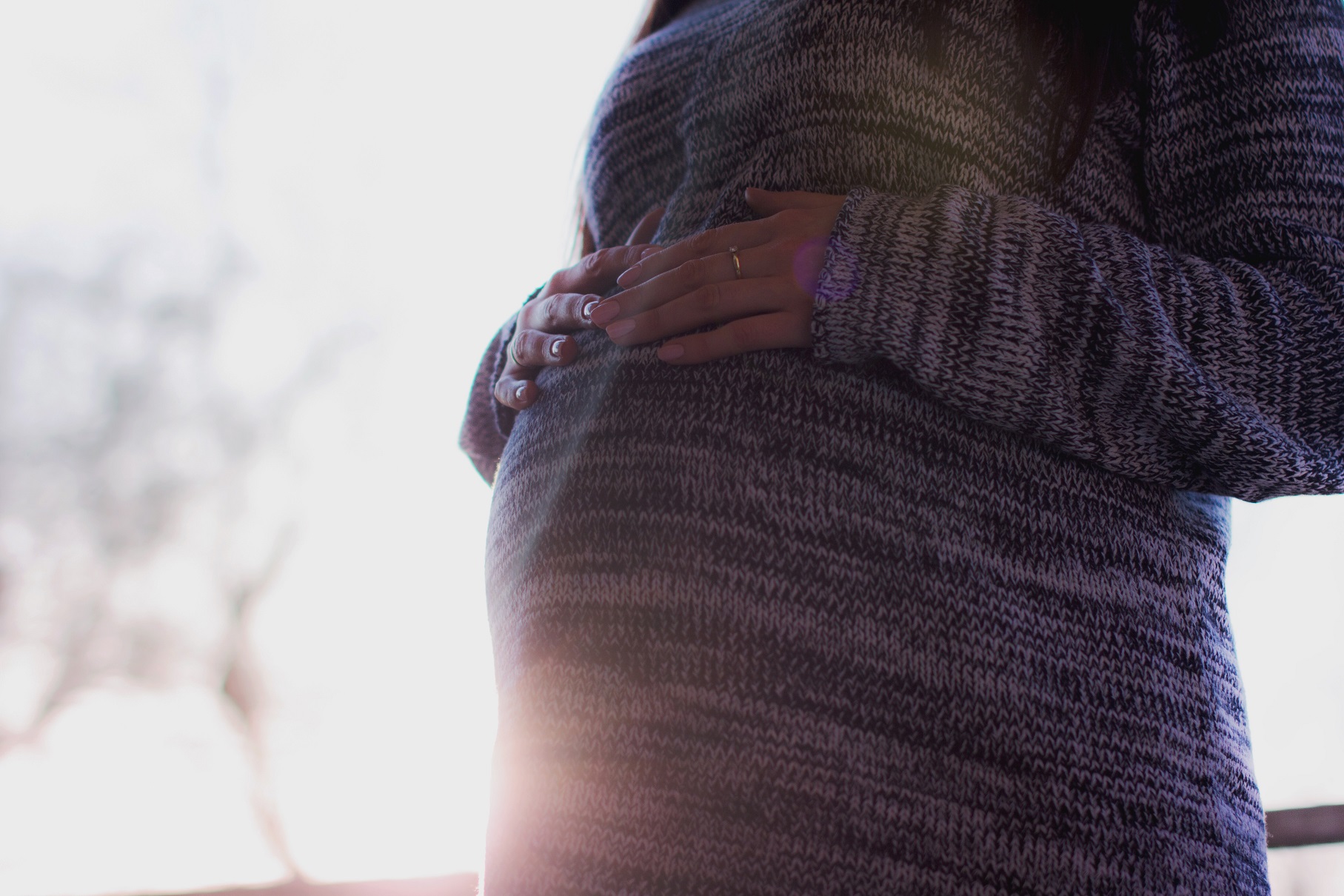You may also like…
Diagnostic Tests
What are diagnostic Tests?
These tests are offered to pregnant women which can identify as accurately as 99.9 % whether or not a developing baby has a chromosomal difference (chromosomal differences typically refer to genetic abnormalities or anomalies detected in the chromosomes of the fetus, such as trisomy 21-Down syndrome- or other genetic defects).
There are two types of diagnostic tests offered to pregnant women (remember that both these tests carry the risk for miscarriage (1% for CVS and less than 1% for Amniocentesis):
Chorionic Villus Sampling (CVS): is typically performed between 10 to 13 weeks of pregnancy. For this test, a doctor obtains a small tissue sample from the placenta by either inserting a thin needle through the woman's abdomen or by using a small catheter through the cervix (The cervix is the lower part of the uterus that connects to the vagina), which method the doctor uses depends on where the baby and placenta (The placenta is an organ that develops during pregnancy and provides oxygen, nutrients, and waste exchange between the mother and fetus) is lying in the womb.
Amniocentesis: is typically performed after 15 weeks of pregnancy. Your doctor will insert a fine needle through your abdomen into the amniotic sac (a fluid-filled membrane that surrounds and protects the developing baby during pregnancy) and withdraw a small sample of fluid from around the developing baby.
What tests are performed on the cells collected through Chorionic Villus Sampling and Amniocentesis?
The cells collected during amniocentesis and CVS (chorionic villus sampling) are typically subjected to genetic tests, such as:
- Karyotyping: a laboratory technique used to analyze and visualize the chromosomes of an individual, allowing for the identification of structural abnormalities, numerical abnormalities, or other chromosomal disorders in order to rule out any genetic abnormalities. Generally this test takes 1-2 weeks to complete but exact times may vary.
- Chromosomal microarray analysis (CMA): a genetic testing methods that examines the entire genetic sequence for small and large-scale chromosomal abnormalities or genetic variations associated with developmental disorders and genetic conditions. It can detect changes in DNA at a higher resolution than traditional karyotyping. Generally it takes about 2-4 weeks to complete this test and give result but exact times may vary.
- Targeted genetic testing: this is available only on a case-demand bases and excludes specific genetic conditions that may run in families. These conditions may include the Patau syndrome, Down syndrome, Edward syndrome, cystic fibrosis, sickle-cell anemia, Tay Sachs disease.
Powered by Froala Editor


